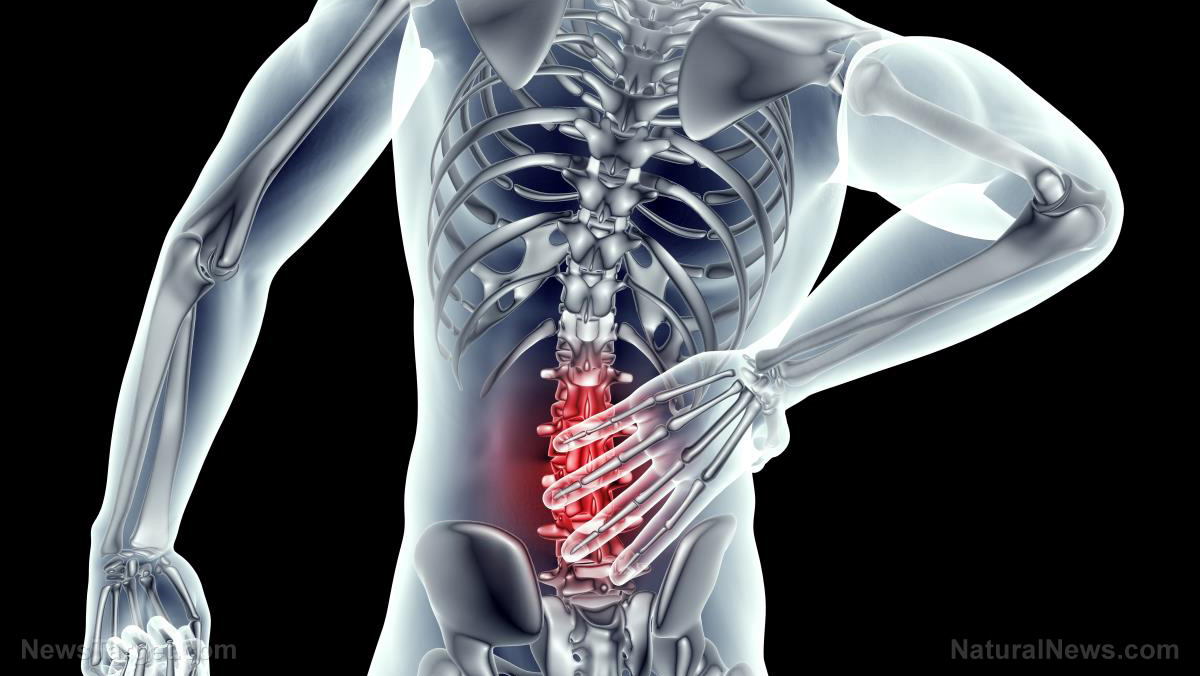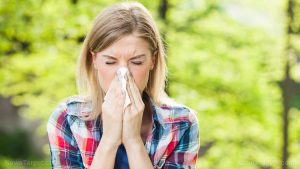
Advertisement
Vitamin D is an essential vitamin for healthy bones, teeth and muscles. Not getting enough vitamin D can result in different symptoms like tiredness, poor bone health and slow healing.
What’s the best way to boost your vitamin D intake?
Basking in sunlight is one of the best ways to boost your vitamin D levels as the light supports the natural pathways that create vitamin D.
If you’re exposed to sunlight, you don’t have to worry about “overdosing” on vitamin D because your skin will only synthesize as much as you need.
According to Clare Bailey, doctor and author of “The Fast 800 Recipe Book,” vitamin D helps regulate the amount of calcium and phosphate in your body. These nutrients help keep your bones, teeth and muscles healthy.
Bailey emphasized the importance of sunlight exposure, which allows your body to absorb vitamin D. When you’re outdoors, your body creates vitamin D from direct sunlight that touches your skin. But what if you’re living in an area that receives relatively low levels of sunshine?
During late March to early April until the end of September, you should be able to get all the vitamin D you need from sunlight. However, when autumn and winter roll around, if the sun isn’t strong enough where you live for your body to produce vitamin D, you must boost your intake through a balanced diet.
Learning the signs of vitamin D deficiency can help you make the necessary changes to your diet and lifestyle to improve your well-being before you suffer from worse conditions.
Hair loss
Stress is often the main cause of hair loss, but vitamin D deficiency could also be a contributing factor. Low vitamin D levels can cause alopecia, and people with more severe hair loss have previously been found to have low levels of the sunshine vitamin.

Unexplained pain
Vitamin D improves how you take in calcium, a nutrient you need for strong bones and teeth. Lower back pain or bone pain may also indicate a vitamin D deficiency.
Experts explain that people with low levels of vitamin D3 will experience symptoms such as aches and pains in their joints, bones and muscles. Additionally, vitamin D can cause bone deformities like rickets in children. Meanwhile, deficiencies in adults are linked to bone pain caused by osteomalacia.
Muscle pain
Going to the gym boosts your endorphins and makes your muscles stronger. But if you feel tired long after you’ve exercised, you may be deficient in vitamin D.
“Pain-sensing” nerves called nociceptors express vitamin D receptors in your body and research suggests that there may be a connection between muscle pain and low vitamin D levels.
Being sick often
Do you always have a cold or flu? It may be time to boost your vitamin D intake.
Vitamin D can help strengthen your immunity. Some studies have even shown that vitamin D may help prevent respiratory infections.

Tiredness
Research suggests that low blood levels of vitamin D can cause tiredness, which may affect your ability to accomplish your daily tasks. More over, supplementing with vitamin D can increase energy levels and improve muscle function.
Bone loss
Not getting enough vitamin D may negatively impact how your body absorbs calcium. If your bones lose calcium and other minerals, you may be at greater risk of fractures and breakages.
Getting enough vitamin D helps maintain blood levels and makes you less likely to suffer fractures.
Slow wound healing
Being deficient in vitamin D may cause slow wound healing. With low vitamin D levels, bruises and cuts may take much longer to heal.
Vitamin D is essential for minimizing inflammation and prevention infections, which are both important for promoting wound healing.
Depression
A study from the Journal of Affective Disorders shows that vitamin D deficiency may be linked to depression in older adults.
Scientists who conducted the study reported that 65 percent of older adults with signs of depression also had low levels of vitamin D.

Is ethnicity linked to vitamin D deficiency?
Nutritionist Kim Pearson says that those with darker skin find it harder to absorb vitamin D and are “commonly deficient.”
Muslim women are also often found to be deficient in vitamin D. Finally, Caucasians are often found to have low or borderline levels of vitamin D.
Pearson concludes that regardless of skin type, if you spend too much time indoors, you may also experience vitamin D deficiency.
Superfoods that help boost your vitamin D levels
Aside from exposure to sunlight, you can boost your vitamin D by taking supplements.
Alternatively, you can follow a nutritious diet and eat vitamin D-rich foods like:
- Egg yolks
- Fatty fish (e.g., herring, mackerel, salmon and sardines)
- Fortified foods (e.g, breakfast cereals and juices)
- Mushrooms
Vitamin D supplements are available in two forms: Vitamin D2 or ergocalciferol and vitamin D3 or cholecalciferol.
Health experts recommend supplementing with vitamin D3 since your body can synthesize vitamin D3 after sunlight exposure, meaning it’s the most natural form to supplement. Vitamin D3 is more bioavailable and it’s more effective at increasing your blood levels compared to vitamin D2.
If you’re constantly tired or experiencing lower back pain, it may be time to boost your vitamin D intake to prevent deficiencies. Spend some time in the sun and eat superfoods like mushrooms or salmon to boost your vitamin D levels and boost your bone health.
Sources:
Advertisements







